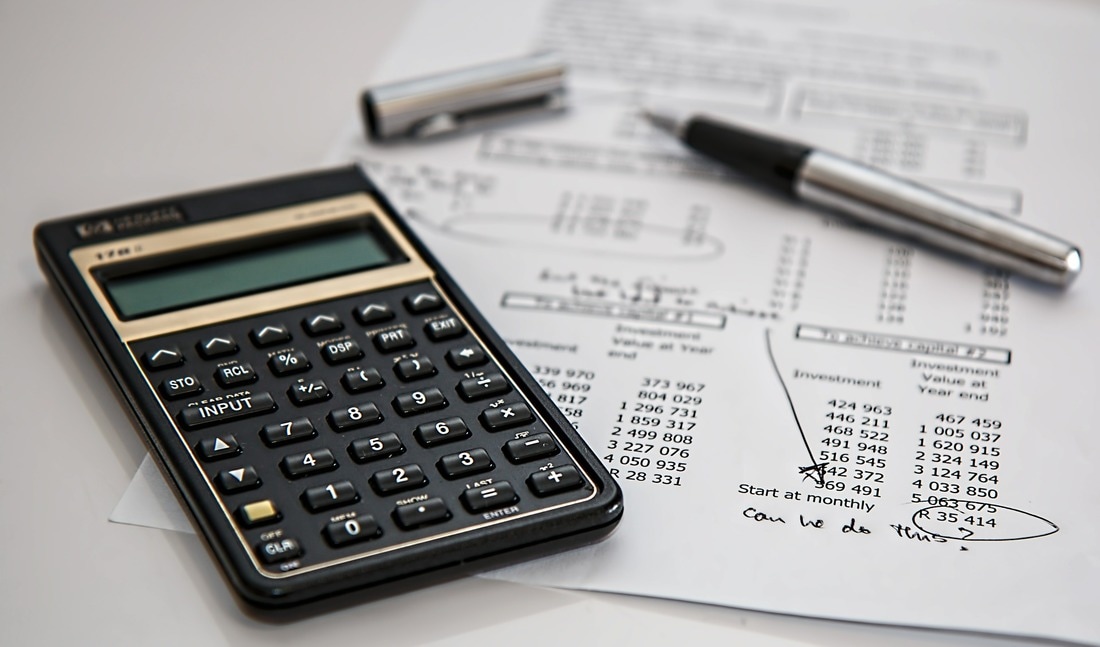Tax season is here, and it's time to start getting your business ready to file. Taxes for entrepreneurs and business owners tend to be more complicated than for employees, so we recommend using an accountant to help you file. However, even if you work with an accountant, there are ways to prepare your finances using basic accounting skills that make the process easier and help lower your filing-related costs.
Here are four things we recommend doing before meeting with your accountant:
Here are four things we recommend doing before meeting with your accountant:
1. Gather documentation for any business expenses.
Now's the time to dig out those paper receipts and find online transactions in your email server and files. You'll want to carefully go through your expenses and make sure you have documentation of any genuine, business-related expense. This way, you'll be prepared with proof in case of an audit.
2. Balance your books.
Go through your accounting software or spreadsheet meticulously, making sure that your transactions and balance statements check out between your bank account and personal records. If there are any major discrepancies, you'll want to resolve them before filing your taxes.
3. Determine your profits and losses.
The IRS will tax your business based on the profit your company made after business expenses. Your tax software should be able to run this report for you after you balanced the books, or alternatively you can carefully go through your statements and do the math yourself.
4. Bring in any necessary forms and know what forms you'll need.
Although any decent accountant should know what forms you need to file and fill out, we still recommend doing your own research first and coming in informed. Along with knowing what filing forms you'll need to fill out, bring in receipts, your profit and loss statement, and any 1099 or W-2 forms you gave to contractors or employees.
Need additional help getting your accounting and numbers set for tax time? Contact us for help getting your accounting books ready to file an error-free tax report by April 15.
Now's the time to dig out those paper receipts and find online transactions in your email server and files. You'll want to carefully go through your expenses and make sure you have documentation of any genuine, business-related expense. This way, you'll be prepared with proof in case of an audit.
2. Balance your books.
Go through your accounting software or spreadsheet meticulously, making sure that your transactions and balance statements check out between your bank account and personal records. If there are any major discrepancies, you'll want to resolve them before filing your taxes.
3. Determine your profits and losses.
The IRS will tax your business based on the profit your company made after business expenses. Your tax software should be able to run this report for you after you balanced the books, or alternatively you can carefully go through your statements and do the math yourself.
4. Bring in any necessary forms and know what forms you'll need.
Although any decent accountant should know what forms you need to file and fill out, we still recommend doing your own research first and coming in informed. Along with knowing what filing forms you'll need to fill out, bring in receipts, your profit and loss statement, and any 1099 or W-2 forms you gave to contractors or employees.
Need additional help getting your accounting and numbers set for tax time? Contact us for help getting your accounting books ready to file an error-free tax report by April 15.


 RSS Feed
RSS Feed